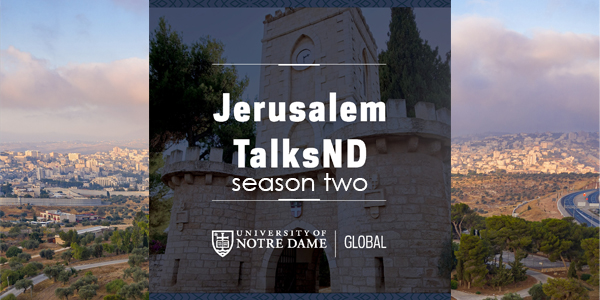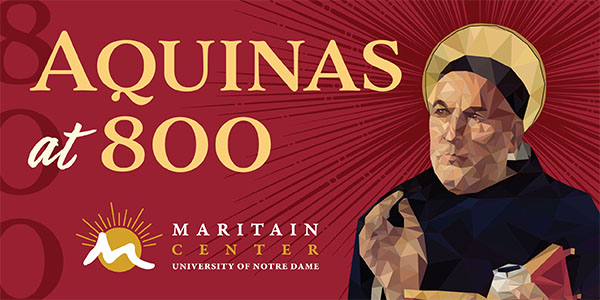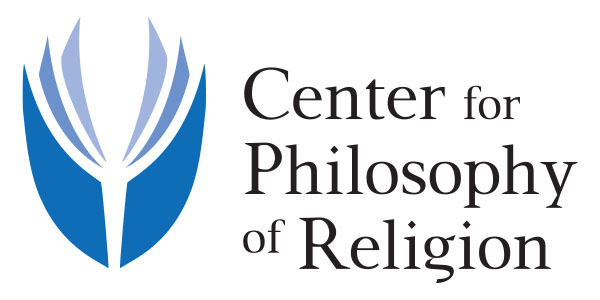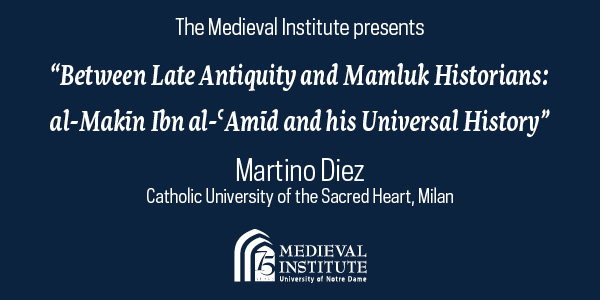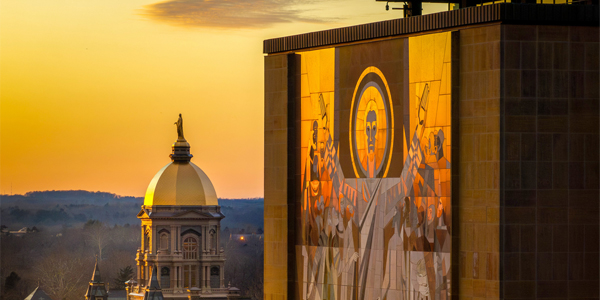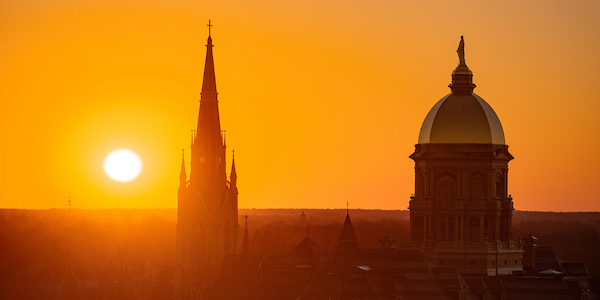A Theology of Migration: The Bodies of Refugees and the Body Of Christ
In 2022, the United States Conference of Catholic Bishops (USCCB) announced that the Church in this country would undertake a Eucharistic Revival, as a way to bolster Catholics’ belief in the real presence of Christ–body, blood, soul, and divinity–in the Eucharist. This Eucharistic Revival will culminate in a nationwide pilgrimage to the city of Indianapolis in July 2024. In the months leading up to this pilgrimage, the McGrath Institute for Church Life is contributing to this revival by underscoring the intrinsic connection between the Eucharist and Catholic social teaching.
Why are we concerned about the link between Eucharistic devotion among Catholics and our commitment to social justice? Because the Catechism of the Catholic Church teaches that “the Eucharist commits us to the poor” (CCC, n. 1397). Because Pope Benedict XVI declared in his encyclical Deus Caritas Est that “A Eucharist which does not pass over into the concrete practice of love is intrinsically fragmented” (Deus Caritas Est, n.14. ). And because we have it on good authority that whenever we feed the hungry, give drink to the thirsty, shelter the homeless, welcome the stranger, we encounter Christ, Who assures that whatever you have done to the least among you, you do for me (cf. Matthew 25:31-46). Thus our devotion to the Body of Christ in the Eucharist must be accompanied by our equally fervent devotion to serve the entire human family, especially the poor and those who are in any way oppressed.
This theme will be taken up by the Office of Life and Human Dignity at the McGrath Institute for Church Life in an eight-part series of The Eucharist and Catholic Social Teaching. In this session, Daniel G. Groody, C.S.C., Ph.D. ’86 reframes migration through a Eucharistic narrative, rather than the usual political, social, and cultural narratives, aligning the outer journey of migrants, the inner journey of faith, and the divine journey of Christ into our world and back to God. He explores the Body of Christ as encountered inside a Church building in the sacrament of the Eucharist, and also as encountered outside of it in the least and last among us (Mt 25:31-46). In the context of the global migration and refugees crisis, it shows the ways the divine and human intermingle on our earthly pilgrimage, transforming us into the image and likeness of God, so that we become bread for the world through the works of mercy.
Speakers:
Father Dan Groody, C.S.C., Ph.D. ’86, professor of theology and global affairs, vice president and associate provost for undergraduate education at the University of Notre Dame
For more information visit the McGrath Institute for Church Life. Register to receive emails about upcoming events from our Religion & Spirituality learning community by clicking on the “Register Here” button.
More Like This
Related PostsLet your curiosity roam! If you enjoyed the insights here, we think you might enjoy discovering the following publications.

